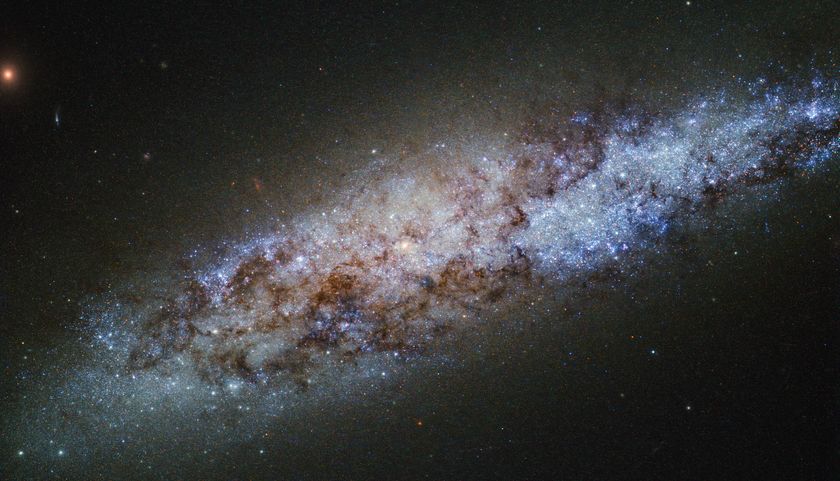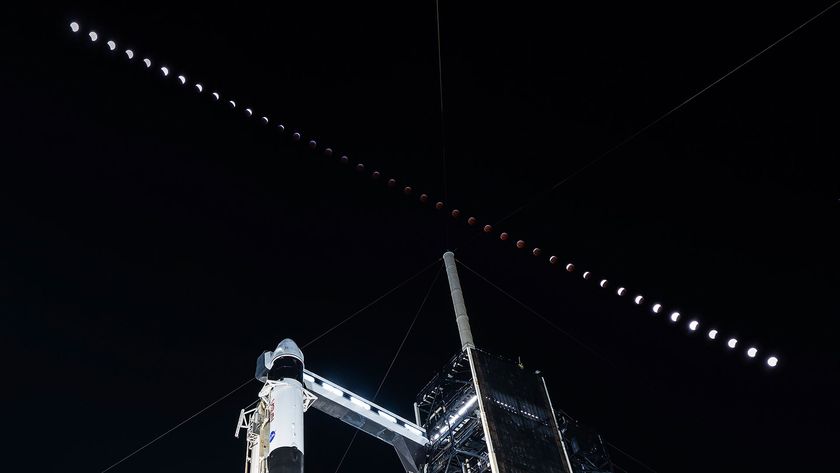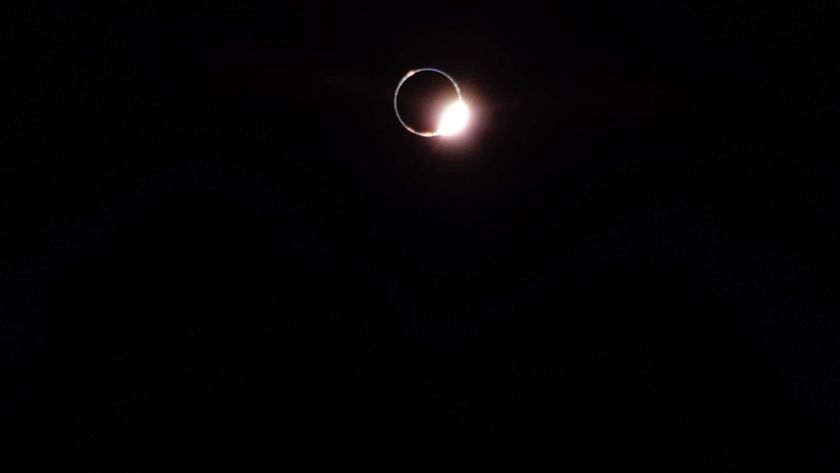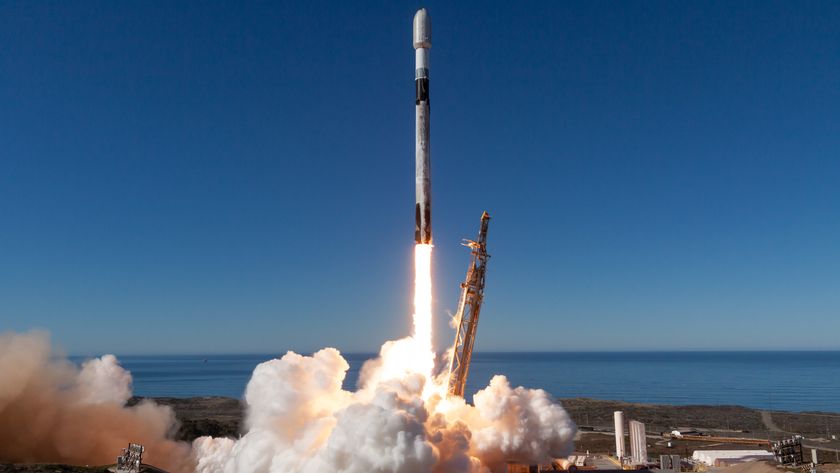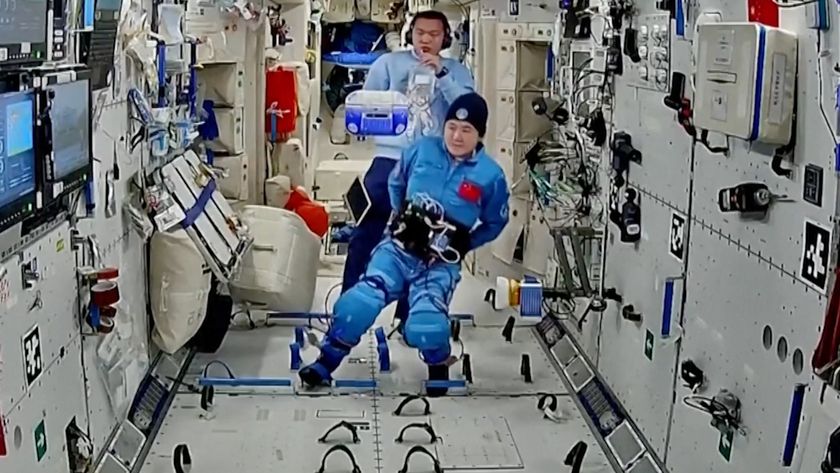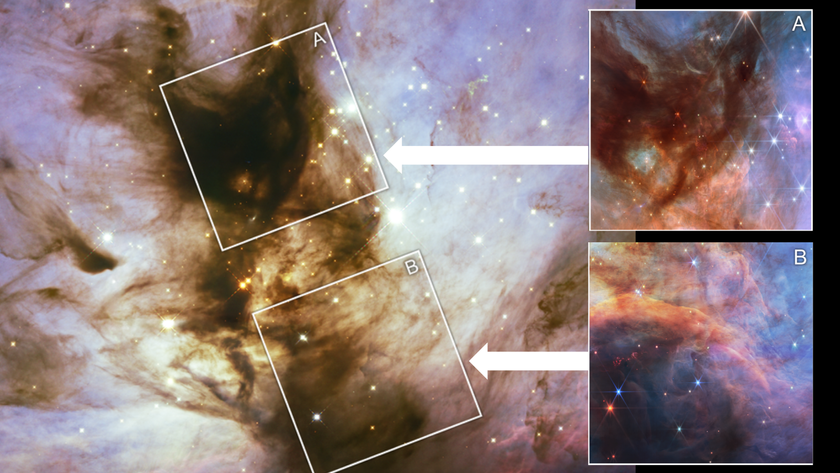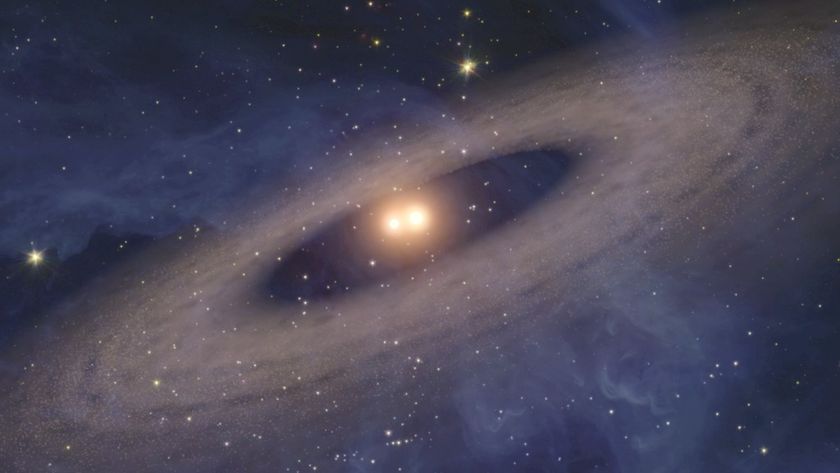Is Alien Life Out There? Vatican Observatory Co-Hosts Science Conference in Arizona
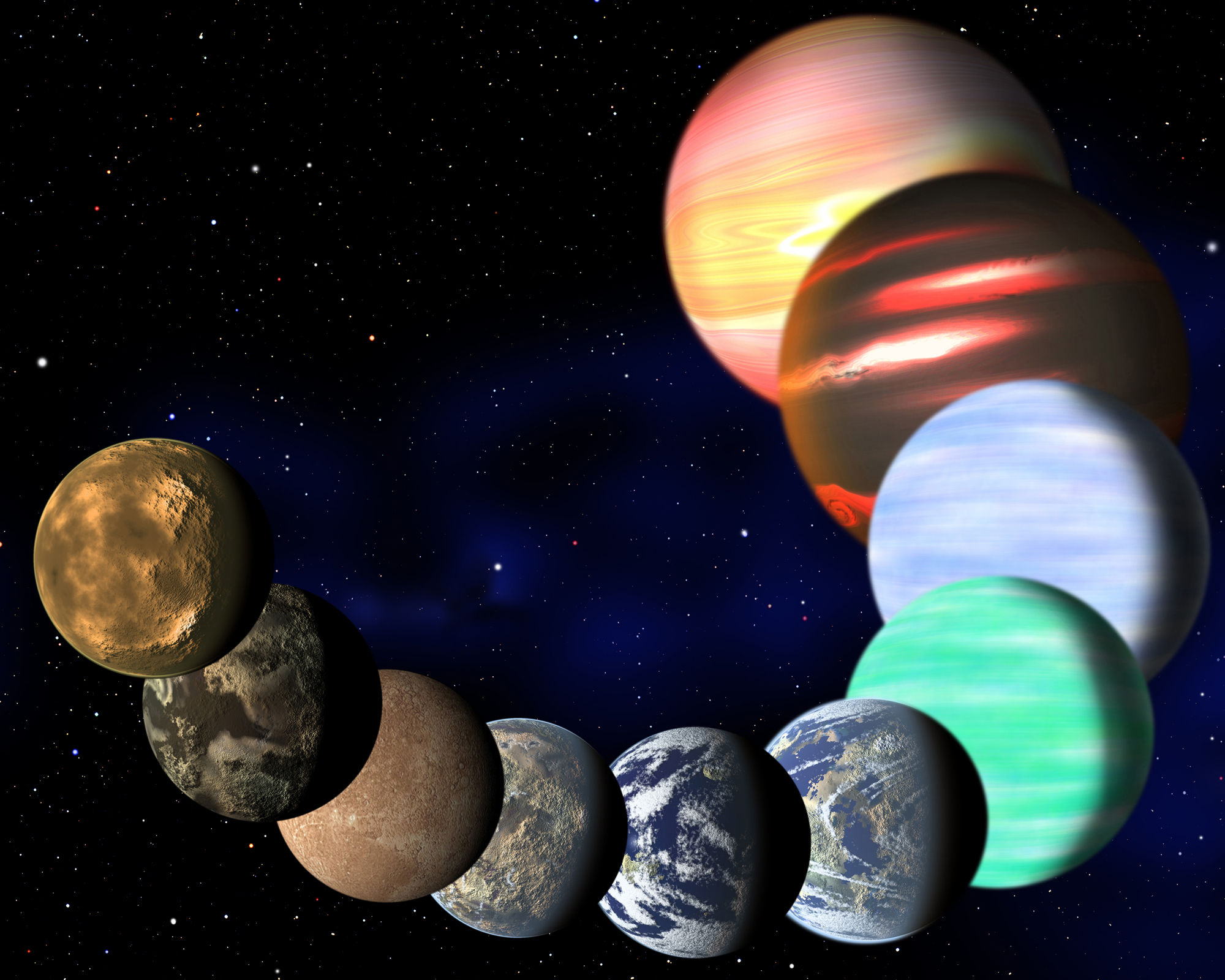
Are we alone in the universe? The ultimate question of life beyond Earth and the solar system takes center stage in a science conference led by the Vatican Observatory and a University of Arizona this week.
Nearly 200 scientists are attending the conference, called "The Search for Life Beyond the Solar System: Exoplanets, Biosignature & Instruments," which runs from March 16 through 21 in Tucson, Ariz. The Vatican Observatory is co-hosting the conference with the University of Arizona's Steward Observatory.
"Finding life beyond Earth is one of the great challenges of modern science and we are excited to have the world leaders in this field together in Tucson," said event co-chair Daniel Apai, assistant professor of astronomy and planetary sciences at the UA Steward Observatory, in a statement. "But reaching such an ambitious goal takes planning and time. The goal of this meeting is to discuss how we can find life among the stars within the next two decades." [9 Exoplanets That Could Host Alien Life]
According to the organizers, the conference will cover the technical challenges of finding and imaging exoplanets and identifying biosignatures in the atmospheres of far-flung worlds. Other presentations will discuss the study of life forms that live in extreme environments on Earth, which could be apt analogs for life on other planets.
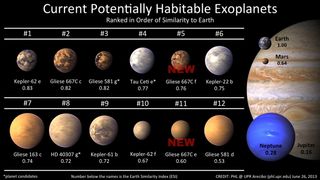
The conference is not open to the public, but NASA's Astrobiology Institute will broadcast a live feed of the sessions. You can learn more about the conference via its website: http://www.ebi2014.org/
Follow Megan Gannon on Twitter and Google+. Follow us @SPACEdotcom, Facebook or Google+. Originally published on Space.com.
Get the Space.com Newsletter
Breaking space news, the latest updates on rocket launches, skywatching events and more!
Join our Space Forums to keep talking space on the latest missions, night sky and more! And if you have a news tip, correction or comment, let us know at: community@space.com.

Megan has been writing for Live Science and Space.com since 2012. Her interests range from archaeology to space exploration, and she has a bachelor's degree in English and art history from New York University. Megan spent two years as a reporter on the national desk at NewsCore. She has watched dinosaur auctions, witnessed rocket launches, licked ancient pottery sherds in Cyprus and flown in zero gravity on a Zero Gravity Corp. to follow students sparking weightless fires for science. Follow her on Twitter for her latest project.
